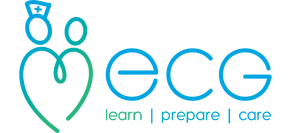The NHS Five Year Forward View (2014) has placed an emphasis on patients getting the right care, in the right place at the right time and one of the many ways for this to be achieved is by making more appropriate use of community pharmacies.
As a result, there is a push for patients to speak to their pharmacist for advice in order to take pressure off GP surgeries and hospitals, especially in periods of high demand. We know that pharmacies offer a convenient and accessible healthcare service for patients, who can walk in and speak to the pharmacist without an appointment. This is all really good news, but as pharmacists, it is important to be prepared for this, and to have the confidence to assess these patients in the appropriate way.
When receiving and assessing patients with undiagnosed health needs or those with a possible deterioration of a long term condition, it is important to be able to identify the level of urgency. Using your clinical assessment and examination skills, you’ll be able to escalate care at an appropriate level, using a decision support tool such as the National Early Warning Score. This helps to provide a baseline measure of an individual’s physiological functioning and provides a risk assessment of an individual based on recorded observations.
Case Study
Let’s take a look at a case study: Mr Jones, aged 71, has chronic obstructive pulmonary disease (COPD) and has been feeling more breathless for the last 3 days. When he arrives at the pharmacy for some advice, he is clearly breathless and looking unwell, so you may be thinking this patient needs to see the GP for a possible chest infection or exacerbation of COPD. However, when you assess him properly, you discover, his temperature is 38.7, respiratory rate is 28, oxygen saturations are 82%, heart rate is 118, blood pressure is 98/65 and he hasn’t passed urine in more than 12 hours. When you take all this information together, you now can see he is extremely unwell, with a red flag for sepsis and a National Early Warning Score that means he needs to be seen in the Emergency Department as soon as possible and that 999 needs to be called for this patient. Without assessing this patient properly, his treatment may be delayed, which could ultimately have an impact on the recovery he can make.
So encouraging patients to see a pharmacist is an important step forward in our healthcare system, but making sure pharmacists also feel confident in assessing, treating where relevant and directing patients to the best place for them, is also really important.
Written by Sophie McCracken, Wednesday 8th August 2018

